Lecture by Prof. Kim Ju Han of Seoul Medical University on “Sustainable Hospitals of the Future: A Case Study of Korean Hospitals”
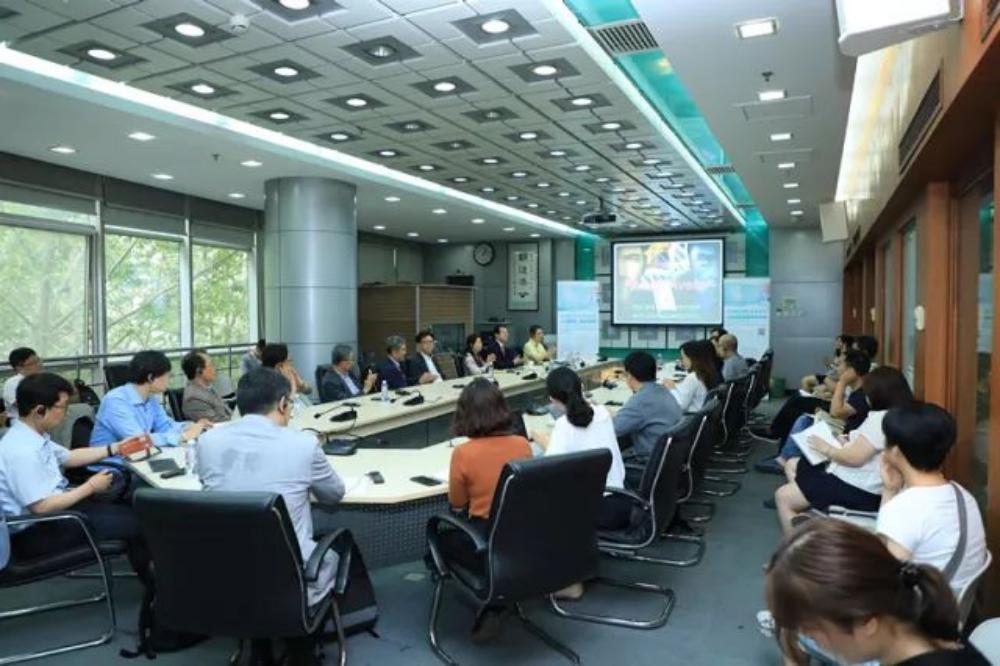
On the afternoon of June 11th, the lecture “Sustainable Hospital of the Future - Focusing on Korean Hospital Cases” was successfully held in Room 302 of the School of Public Policy, Tsinghua University (SPPM)
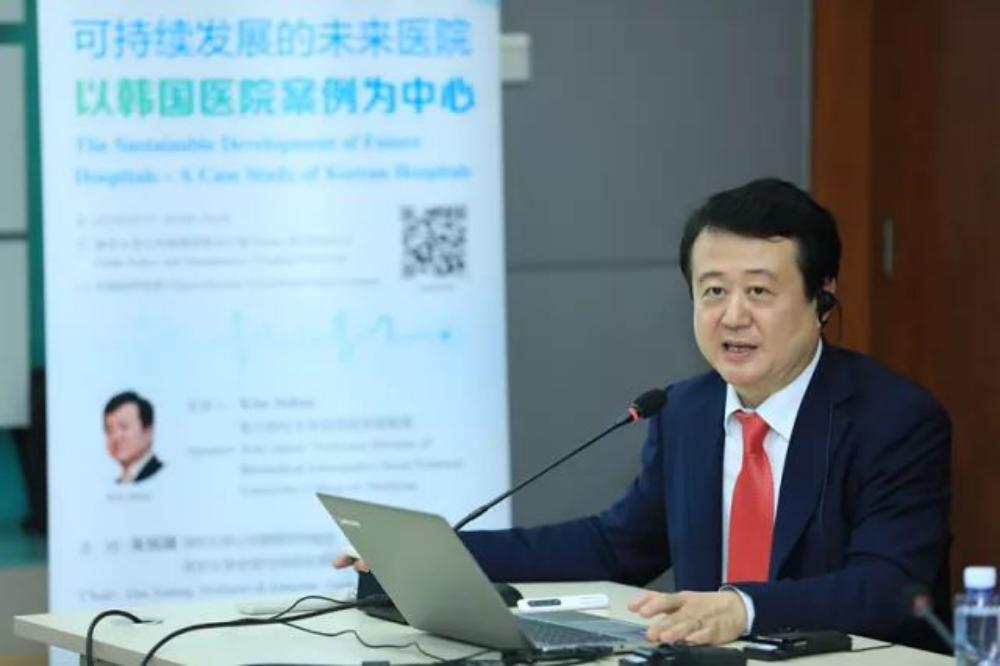
Lecture by Kim Ju Han
Prof. Kim Ju Han firstly introduced the Health Avatars project of the Office of Information Medicine of Seoul National University of Medical Science and pointed out that the dispersed medical data structure and the information interaction barriers between medical entities are the biggest difficulties in the development of technology for the construction of hospitals in nowadays. The Health Avatars system hopes to integrate and operate the medical data dispersed in the hands of various medical subjects, and to achieve the ultimate goal of providing customized information services to patients on the basis of adequate government supervision, and to complete the transformation of data from a “hospital-centered” to a “patient-centered” data utilization model. The modeling of medical data can provide more targeted services to patients and families, provide data for doctors' research needs, and ultimately provide a basis for national public policy decisions.
Prof. Kim took the example of dialysis data of Korean patients with chronic kidney disease to show the success of the Health Avatars project in managing patients' healthcare data, and hoped that in the future, through the Colorful Avatars (an upgraded version of Health Avatars) project, the project will cover more diseases and hospital departments (e.g., pediatrics, obstetrics, and gynecology), and handle a wider range of health-related data. health-related data. Blockchain technology will be introduced to enable Health Avatars to identify overlapping data as it moves through the system, and artificial intelligence was added to the system using appropriate models. In addition, Prof. Kim Ju Han emphasized the significance of integrating healthcare data for the city of the future. The provision of customized health services using information systems can attract people to live in small and medium-sized cities, thus contributing to the creation of new types of livable cities.
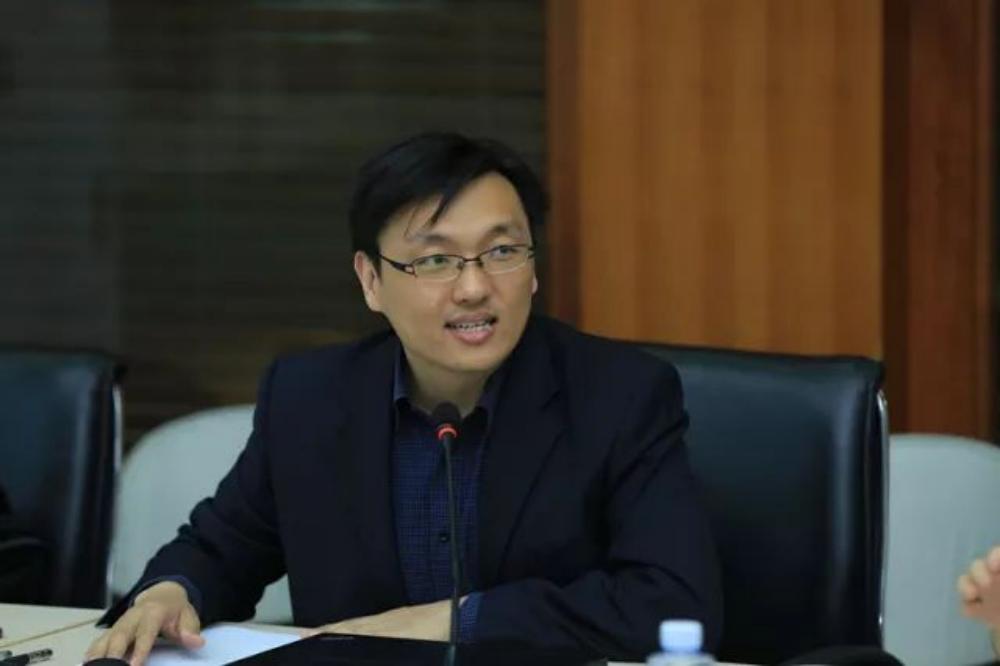
Zhu Xufeng hosted the lecture
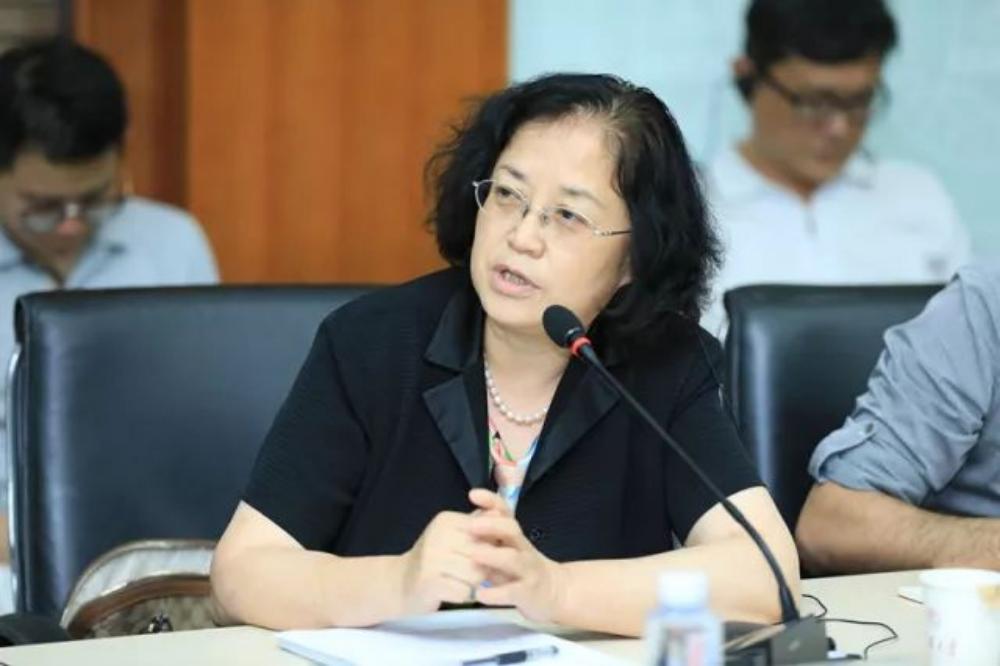
Commentary by Yang Yansui
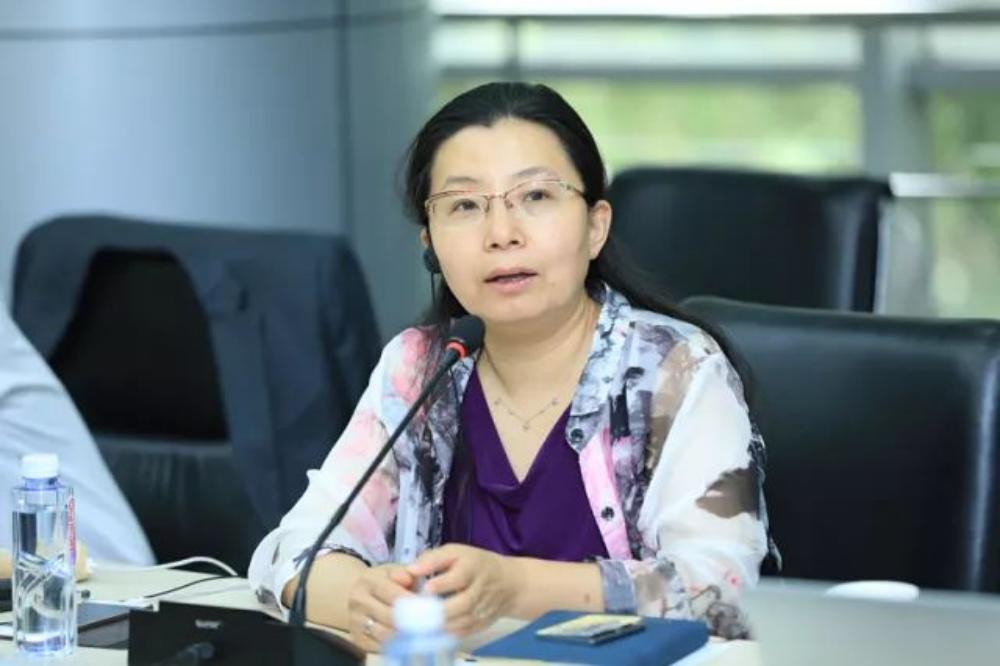
Commentary by Jing huiquan
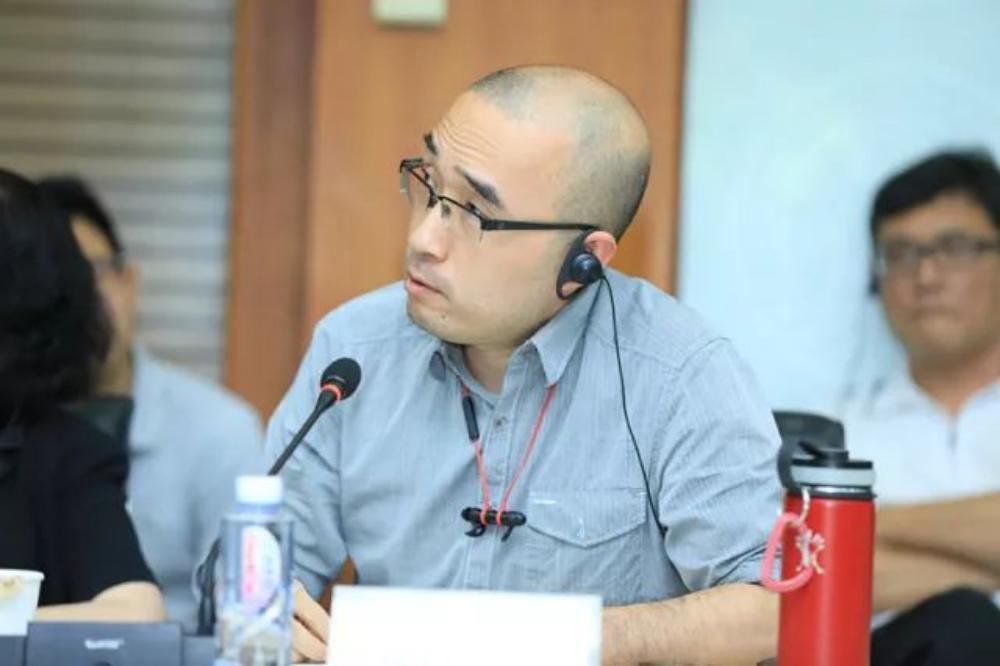
Commentary by Su Lingyun
Participants then spoke and had a lively discussion on specific issues such as hospital authorization issues, the subject of integration rights of chronic disease management data, storage and communication costs of medical blockchain, high cost of entering the block chain, etc., and the lecture was warmly received.

